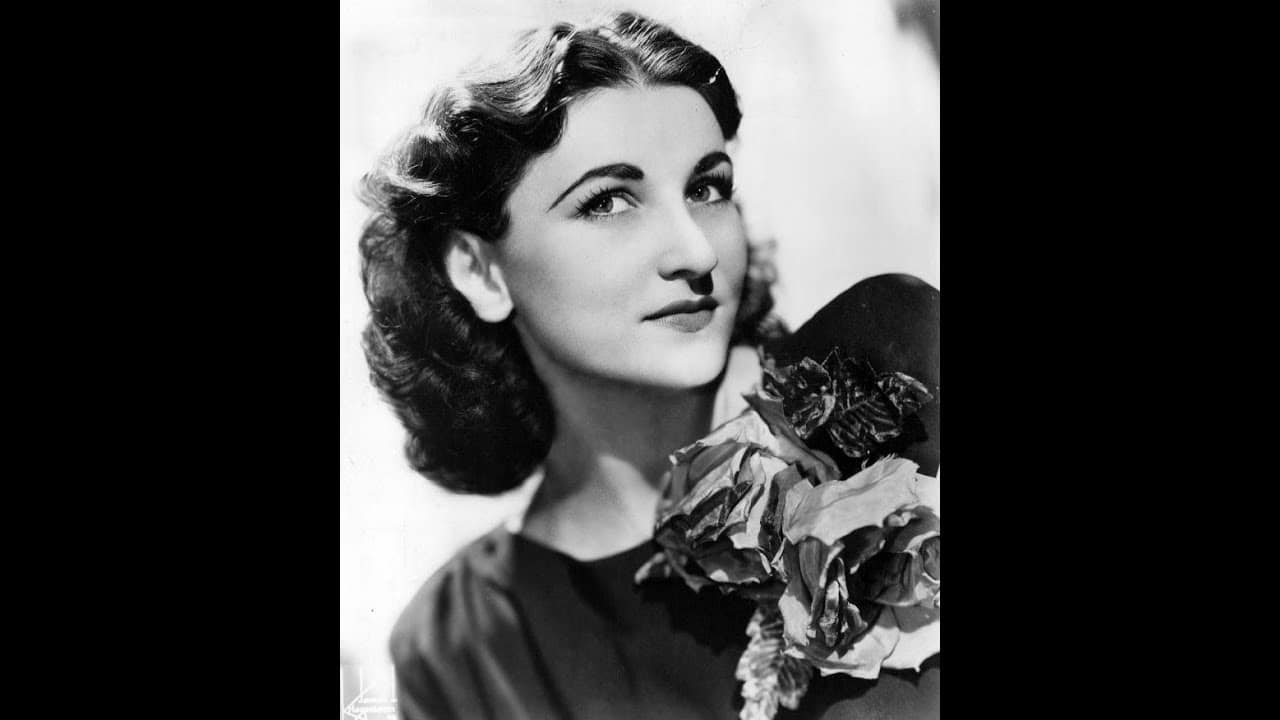Concertmasters get richer
mainThe Drew McManus survey of concertmaster earnings in the US for 2017/18 show that all the top ten are now earning over $300,000, and the top five are earning around twice as much. Cleveland’s William Preucil used to brag that he was the highest paid in America, but in this final year before his toppling over sexual harrassment claims he was displaced by the New York Philharmonic’s Frank Huang.

This was Huang’s inaugural season and he’s already earning more than his predecessor Glenn Dicterow.
Go figure.
1 New York Philharmonic: $687,955
2 Cleveland Orchestra: $634,277
3 San Francisco Symphony: $594,522
4 Chicago Symphony: $565,670
5 Los Angeles Philharmonic: $547,061
6 Boston Symphony: $497,444
7 Philadelphia Orchestra: $452,543
8 National Symphony: $422,543
9 Baltimore Symphony: $311,108
10 Cincinnati Symphony: $308,346





Comments